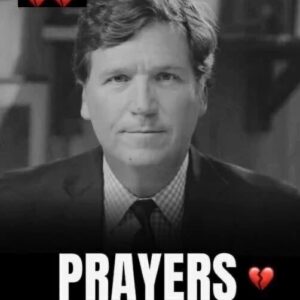In recent weeks, significant events have unfolded, capturing national and international attention. These developments are rooted in longstanding issues such as socio-economic challenges and political tensions, which have now culminated in this crisis.
The timeline began with an incident on [specific date], leading to protests and media coverage. Authorities responded with measures like police action and negotiations, while government officials emphasized stability. Opposition groups called for transparency and reforms, organizing protests and campaigns. The international community urged peaceful dialogue and offered mediation.
The situation has disrupted daily life, affecting services, businesses, and markets, prompting debates on governance and human rights. Communities are experiencing heightened anxieties, with some hopeful for reforms and others fearing further instability. The political landscape is shifting, with new alliances forming.
Experts highlight the deep-rooted causes of the crisis, emphasizing that resolution needs genuine dialogue and reforms. Human rights organizations have raised concerns over violations, urging respect for civil liberties.
While predicting the future is difficult, sustained negotiations and inclusive policies are vital for stability. The international community’s role could be decisive, and efforts are ongoing to establish communication among stakeholders. The next few weeks are critical in determining whether the situation stabilizes or worsens.
This complex situation is driven by historical grievances, socio-economic issues, and political dynamics. Continued collaboration among local leaders, civil society, and the international community is essential for peace and stability. We will monitor developments and provide updates to foster understanding and informed discussions.
Press here to learn full story…
STAY TUNED !





